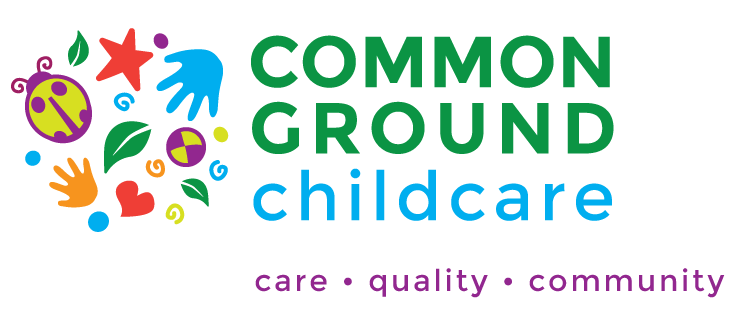GIVE TIME: Making a Mess! I mean... Experiments.
SCIENCE IS FUN!!
BUT…
It can be exhausting and overwhelming to turn our kitchen into a science lab.
We found ourselves one Sunday afternoon with crunched leaves in the couch, slime clinging like cement to the outdoor furniture, jugs of different juices with candies and half-melted cheetos floating in them. We had spent all Saturday cleaning, and it felt like we were living in a giant sand garden where the slightest breeze would blow something sticky all over everything… I saw my kids about to turn on the hose for their water table, opened my mouth to yell “NO MORE SCIENCE,” and then listened to what I was about to say to them.
I am not saying you should let your house just be totally dedicated to the whims of a toddler. What I am saying is that curiosity is the KEY to learning.
THIS SOUNDS LIKE A LOT OF PRESSURE.
If you watch Emily’s Wonder Lab or watched The Magic School Bus, you think that every experiment has to be organized, clever, and steeped in some fantastic, curriculum-based scientific concept.
Science is not neat. Science is messy. It also does not have to be complicated.
We have a Scientific Method Worksheet free to download IF YOU WANT. It’s not necessary, but it can be nice to keep track of all the journeys of discover you go on. Free Download Here.
What if your three year old wants to know what’s inside an acorn?
1. Ask them what they think. This is a HUGE part of it, because you want them to start trying to figure things out.
2. Gather the materials! (AND YES THEY CAN BE DANGEROUS!) for this one, you just need a hammer and something to protect your floor if you’re inside.
3. SMASH IT! Let them help. It is important that kiddos learn how to use tools safely, or else they will use them NOT safely.
4. Poke at it! Look at the pieces! What is it? This can be the end of the experiment. If they want to know more about the stuff inside, you can look it up, but keep it simple, keep it steeped in wonder.
WHAT ABOUT THE MESS.
Friends, I hear you. My son is a big water-pourer. All the time. He gets in the sink and runs the tap. He sprays the hose into jugs of all sizes. He is constantly stealing people’s drinks and pouring them into other people’s drinks. We keep towels poised in the pantry for when he inevitably spills a cup of water onto the floor, the table, the dog.
This. Is. Science. He is developing spatial awareness. He is figuring out which containers hold the most and the least. He is studying how water works. He is using all of his senses to experience water. “This water’s hotter! This water has air bubbles! This water is wet! (okay, all water is wet, kid…)” He is excited, curious, and into it.
I ended up making a path of towels with different buckets of all sizes up and down the towel line. Before he poured, I’d ask him what he thought would happen, and supply during “observations” time what happened.
"Uh oh! There was too much water for the red cup. Is there too much water for the blue bucket?” “Uh oh! When you put sand in the cup, it becomes too full for the water! Why do you think the sand sank to the bottom?”
As they get older (my five year old is really into science experiments now) you can get into the more complicated messes. “Why is this slime so sticky? What happens if I add baking soda to it? Why shouldn’t I wash it down the sink?”
This was a winding road. Let’s do a quick wrap up, a conclusion, if you will.
These messy science experiments have a lot to offer your kids. They help them study the world around them in a safe environment where they have relative autonomy. They show your children the rewards of being bored and making their own fun. They show your children (and you!) that it’s okay to take chances, make mistakes, and get a little messy… as long as they are willing to clean up after themselves.
Once they realize there is time allowed for “SCIENCE TIME,” it is much easier to enforce the concept of “NOT-SCIENCE TIME.” That helps guide the fun and limit the mess. The worksheet above lets them write down any questions they have that can be answered during “SCIENCE TIME” so you don’t have to be constantly on the look out for eggs hiding in the bathtub… (that was a weird one.)
So get out there, science teams! Make the wonderful messes and maybe answer your own questions!! If you need a list of fantastic easy science experiments, check it out HERE!
Love you all, you whacky scientists,
Ms. LJ


